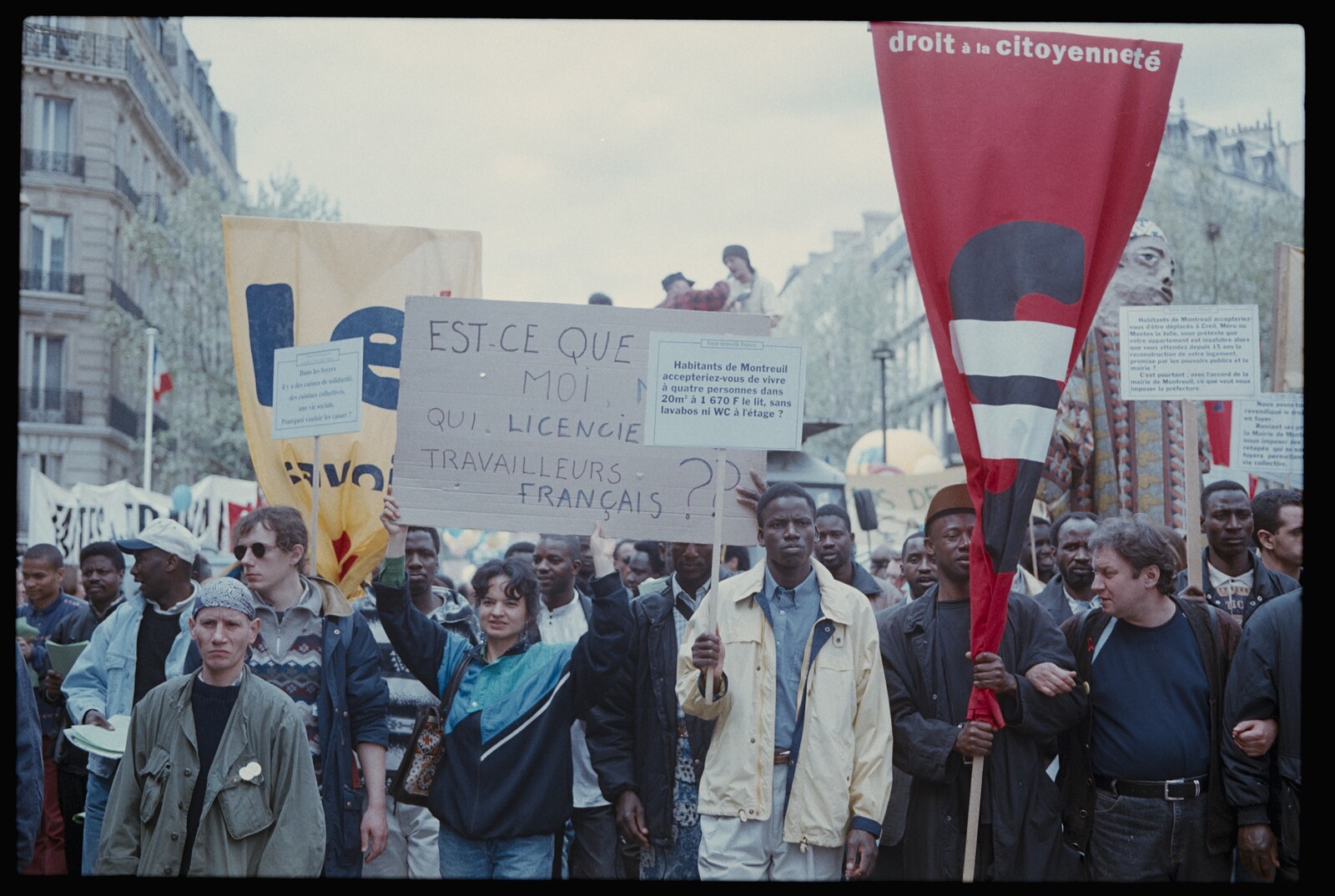Work, Health and Rights
September 19, 2024–April 27, 2025
183 Euston Road
London NW1 2BE
United Kingdom
Hours: Tuesday–Sunday 10am–6pm
T +44 20 7611 2222
info@wellcomecollection.org
Hard Graft: Work, Health and Rights is a free major exhibition exploring experiences of physical work and its impacts on health and the body. Making connections between underrepresented labour, the people who do it, and the spaces where it happens. The exhibition asks: what work do we value, and why? And what traces does work leave on the body?
Hard Graft focuses on three places of work: The Plantation, The Street and The Home. They each are a distinct location for work that is often strenuous, where conditions may be precarious or unsafe, and where workers have unequal access to healthcare, a stable income, or basic worker’s rights. From sex work to street vending, and domestic work to prison labour, the exhibition will highlight how marginalised work practices have reinforced healthcare inequalities throughout history—and continue to do so today.
Featuring more than 150 objects, with artworks from Brazil, Bangladesh, Trinidad, Sudan, Peru, South Africa, Indonesia, Mexico and the US, to name a few, the exhibition will draw upon the interconnections of working practices across different geographies. Contemporary and historic accounts will highlight the histories of resistance and the power of collective action by workers in response to their working conditions—from organised protest to spiritual and medicinal healing practices.
Contemporary artworks by artists on display include: Turner prize-winner Lubaina Himid, Adelita Husni Bey, Charmaine Watkiss, Vivian Caccuri, Forensic Architecture, Ibrahim El-Salahi, Shannon Alonzo, Daniela Ortiz and with new commissions by Lindsey Mendick and Moi Tran.
The first section of the exhibition will focus on The Plantation. It will highlight common health impacts faced by plantation workers, including poor body development, malnutrition and disease. Highlights include the photographic series Dark Garden (2022–ongoing), by Md Fazla Rabbi Fatiq, who has documented tea-plantation work in Sylhet in Bangladesh since 2018. Charmaine Watkiss’s multi-media installation celebrates the ancestral intergenerational traditions of herbal medicine, while Forensic Architecture’s film Environmental Racism in Death Alley, Louisiana (2021), addresses the health of local populations living on former plantation land in the Southern States of America.
The Street, the second section in the exhibition, is a place where workers are often unprotected by labour laws and will focus on jobs including sanitation workers, waste pickers, and sex workers. Highlights include works by Vikram Divecha, Ernest C Withers and Women in Informal Employment Globalizing and Organizing (WIEGO) in collaboration with Creatura, emphasising the challenging conditions faced by sanitation workers. Archives from the English Collective of Prostitutes and the SWARM Collective will depict significant moments in the fight to decriminalise sex work, as they try to achieve improved safety, a regulated income, and greater access to healthcare services. A new commission by artist Lindsey Mendick, in collaboration with members of the SWARM collective will bring forgotten and untold stories of sex workers within an intricate multimedia installation.
Hard Graft will close with The Home, interrogating the notion of the home as a workplace. It will focus on unwaged, low-paid and unrecognised labour, such as cleaning work and domestic work, mostly performed by migrant women and often leading to exploitative working and living conditions behind closed doors. Highlights will include a print by Louise Bourgeois from the Femme Maison (1984) series, Lubaina Himid’s vibrant series Metal Handkerchief (2019), and Shannon Alonzo’s sculpture Washerwoman (2018) pays homage to the heritage of her ancestors’ labour in Trinidad and the Caribbean.
The final work, and second new commission, will be a multimedia installation by artist Moi Tran, in collaboration with the UK-based organisation the Voice of Domestic Workers. The installation will demonstrate the power of collective clapping, sound, movement, and vibrations as resistance, release and joy. Acknowledging the labour of domestic workers, whose hands are central to their work, as well as a tool for the love and care that connects and heals us.
Hard Graft is curated by Cindy Sissokho and opens to the public from September 19, 2024 to April 27, 2025.



